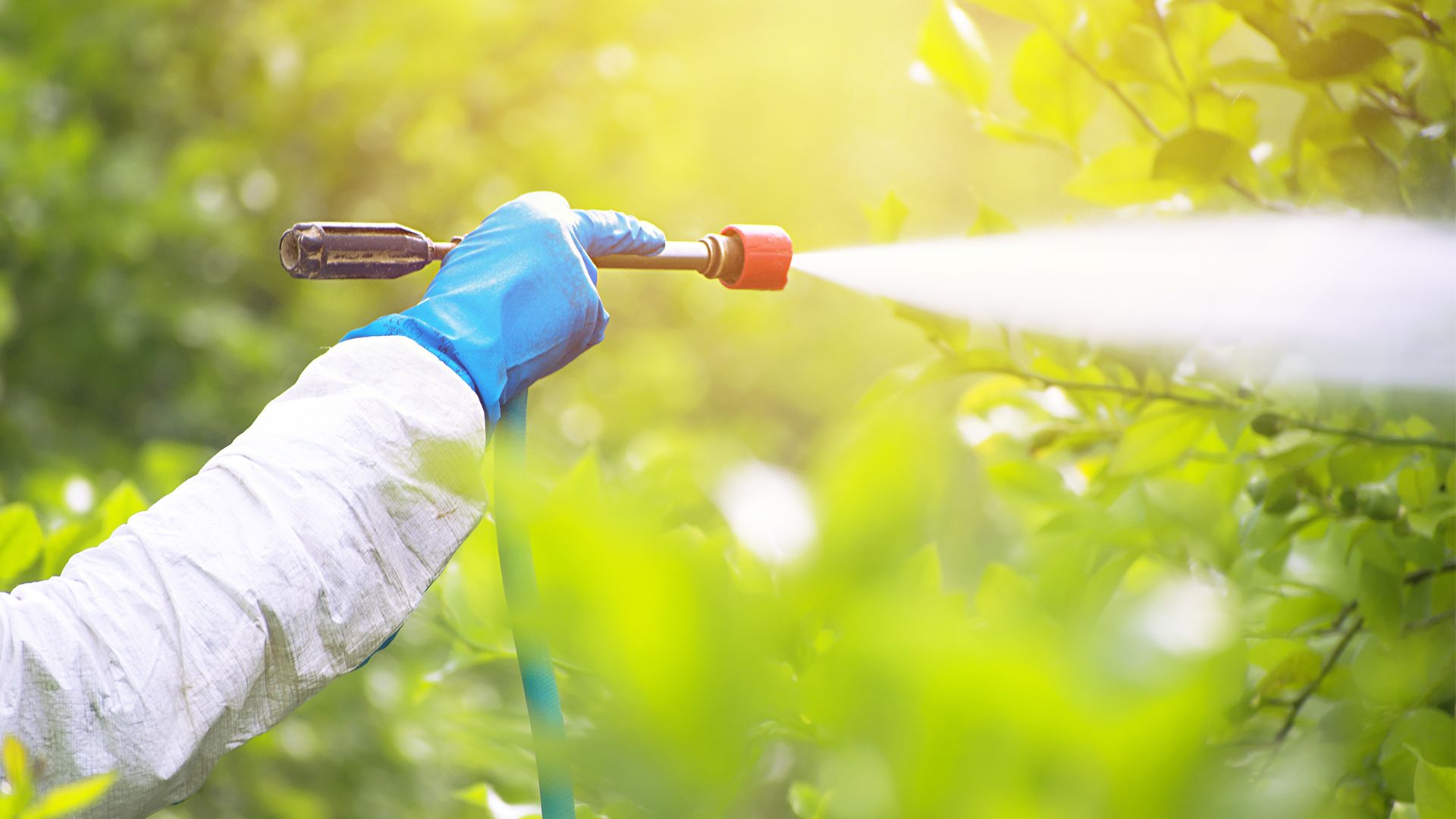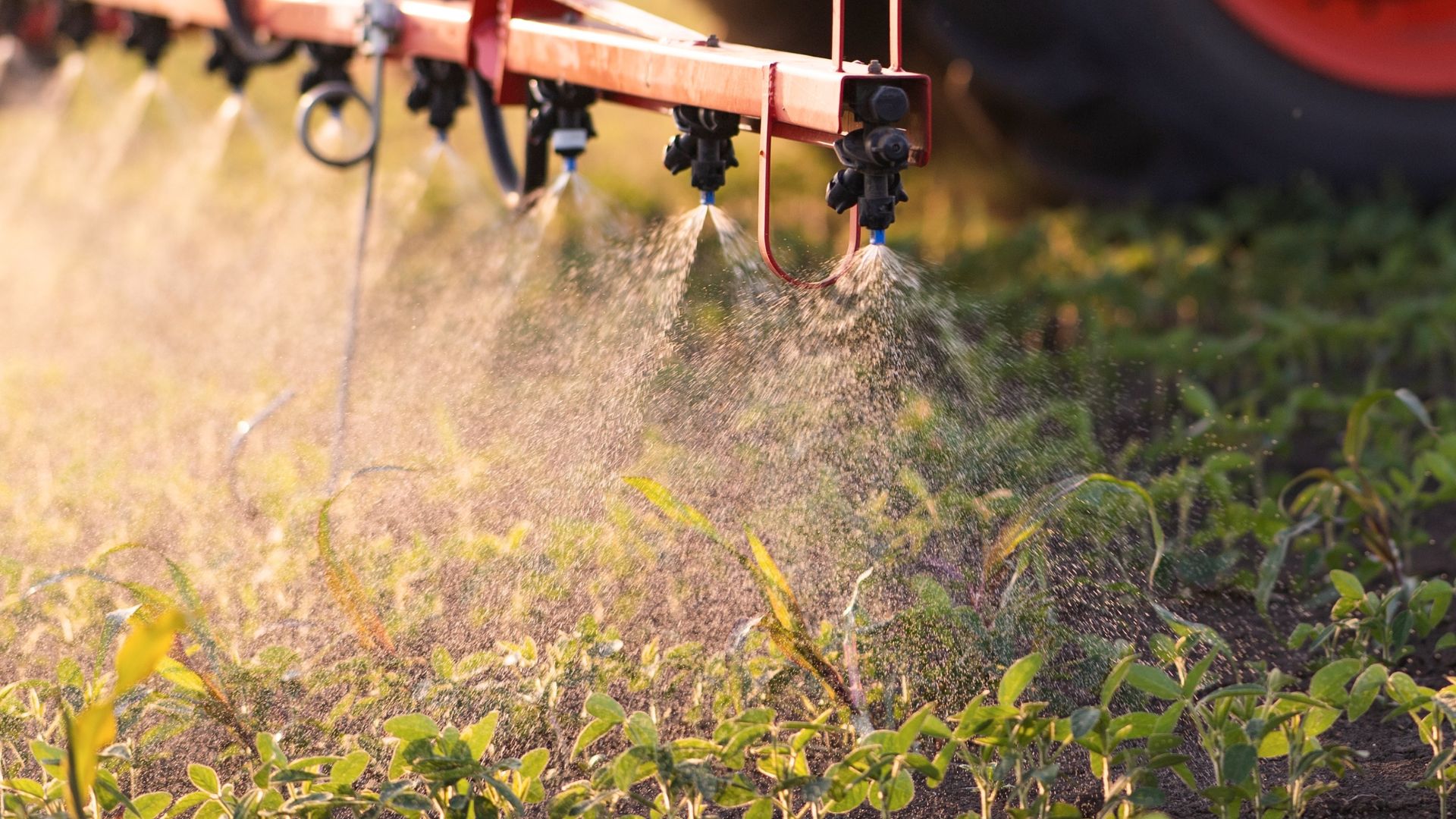Research Shows Widely Used Weedkiller Ingredient Can Damage Organs and Gut Bacteria


For decades, herbicides have been marketed as essential tools in modern agriculture. Among them, glyphosate once stood at the center of controversy, accused of harming health and ecosystems. Yet, new findings suggest that an even more harmful chemical has quietly taken its place: diquat dibromide. Recent studies reveal alarming evidence about its risks, raising questions about regulatory oversight and the safety of our food systems.
From Glyphosate to Diquat

Glyphosate earned global attention when researchers connected it to digestive problems and organ damage in animals. The International Agency for Research on Cancer even labeled it a possible carcinogen. But while the world debated glyphosate, diquat emerged as its replacement, bringing health risks that appear far greater.
A Dangerous Alternative

Friends of the Earth analyzed U.S. Environmental Protection Agency (EPA) data and discovered that diquat exposure is roughly 200 times more toxic than glyphosate. Instead of solving the problem, the switch may have introduced an even more hazardous chemical into everyday farming practices.
The “Regrettable Substitution”

The term “regrettable substitution” describes replacing one dangerous substance with another equally harmful one. Bayer, which acquired Monsanto in 2018, reformulated several Roundup products with diquat and other ingredients like fluazifop-P-butyl and triclopyr. Critics argue this move traded one threat for another, leaving public safety overlooked.
Global Bans, Local Use

While the European Union, the UK, and other regions have banned diquat due to health and ecological concerns, it remains in use across U.S. agriculture. Crops such as potatoes, cotton, sugarcane, and rapeseed are still treated with it, highlighting the gap between international restrictions and American regulation.
Bayer’s Troubled Legacy

Bayer continues to face mounting lawsuits over its herbicides, with nearly 175,000 claims of harm linked to Roundup. Critics argue that replacing glyphosate with diquat without clear warnings amounts to corporate negligence. Activists stress that stronger EPA reform is needed to prevent companies from freely circulating hazardous chemicals.
Health Risks Under the Microscope

A 2025 review in Frontiers in Pharmacology outlined how diquat exposure disrupts key biological systems. Findings connected it to liver and kidney dysfunction, oxidative stress, immune imbalance, and gut microbiome damage. The evidence points to systemic harm that extends beyond short-term poisoning.
Human Cases of Poisoning

The American Association of Poison Control Centers reported hundreds of diquat poisoning cases annually, with four confirmed deaths between 2020 and 2023. At high doses, the herbicide can cause multiple organ failure. Despite this, uncertainty remains about the long-term effects of low-level exposure, particularly in humans.
Environmental Fallout

Beyond human health, diquat poses a serious ecological threat. It persists in soil and water, remaining active for days or longer, depending on conditions. Researchers warn this persistence can lead to contamination of food sources and long-term damage to aquatic ecosystems, placing biodiversity at risk.
Regulatory Hurdles in the U.S.

Efforts to ban diquat in the U.S. have stalled due to weak pesticide regulations. Environmental advocates argue that while Europe phased out the chemical decades ago, America is still “fighting yesterday’s battles.” This regulatory inertia leaves both consumers and ecosystems exposed to unnecessary dangers.
A Call for Reform

Experts insist that reform is urgent. Without stricter oversight, hazardous chemicals like diquat will continue to circulate under the guise of agricultural necessity. Protecting public health requires decisive regulatory action, transparent scientific evaluation, and corporate accountability, before another harmful substitution takes root.